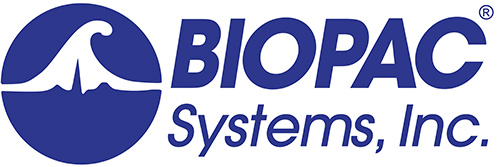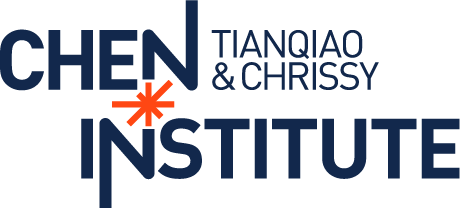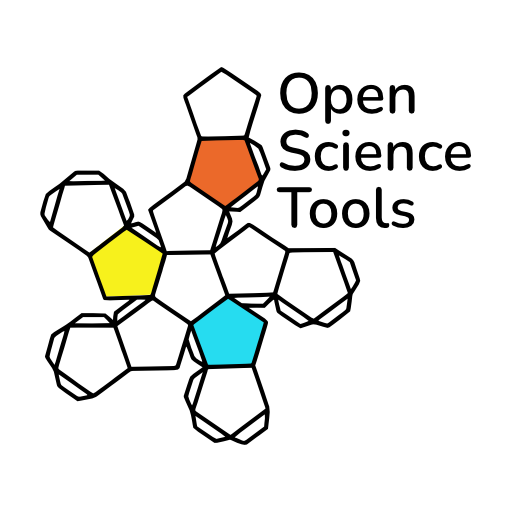Awards
SANS is pleased to recognize our members with four key awards each year.
2025 Distinguished Scholar Award
The Distinguished Scholar Award recognizes the broad scope and potentially integrative nature of scholarship in social and affective neuroscience. It honors a scholar who has made distinctively valuable research contributions across their career in areas by significantly advancing our understanding of the biological basis of social and affective processes or expanding the core of social and affective neuroscience discipline. The winner of this award will receive travel compensation (up to $500 USD), complimentary registration to the 2025 conference in Chicago as well as an invitation to be our distinguished scholar speaker at the conference.
SANS DSA Rubric 2025
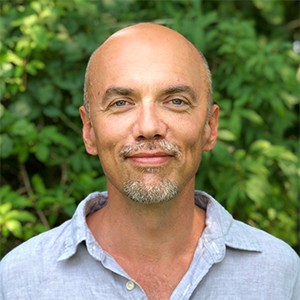
Kevin Ochsner
Columbia University, Dept of Psychology
2025 Distinguished Scholar Award Winner
Kevin Ochsner is Professor and former Chair of the Department of Psychology at Columbia University, where he directs the Social Cognitive and Affective Neuroscience (SCAN) Lab and co-directs the Center for Brain, Mind and Society, whose mission is using behavioral and brain research to inform our understanding of societal issues. His lab has published more than 170 scientific articles and books, supported by funding from private and public institutions, including five different NIH Institutes. For this work, Kevin has received various awards including the APA New Investigator Award and the Young Investigator Award from the Cognitive Neuroscience Society. Kevin is one of six co-founders of the Social and Affective Neuroscience Society and is a past president of the Society for Affective Science.
Past Winners
2024 – Mauricio Delgado
2023 – Matthew Lieberman
2022 – Eveline Crone
2021 – Uta & Chris Frith
2019 – Nancy Kanwisher
2018 – Betsy Murray
2017 – B.J. Casey
2016 – John Cacioppo
2015 – James J. Gross
2014 – Elizabeth Phelps
2013 – Ralph Adolphs
2025 Mid-Career Award
As a way to better recognize our membership for their work, we have included the Mid-Career Award for 2025. The award recognizes a mid-stage investigator who has made significant contributions to Social and Affective Neuroscience in terms of outstanding scholarship and service to the field. The winner of the award will receive a $500 honorarium, complimentary registration to the 2025 conference in Chicago, and deliver a short presentation.
SANS MCA Rubric 2025
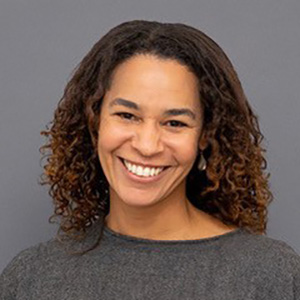
Catherine Hartley
New York University
2025 Mid-Career Award Winner
Dr. Catherine Hartley is an Associate Professor of Psychology and Neural Science at New York University. She received her B.S. in Symbolic Systems from Stanford University and her PhD in Psychology from New York University. Her research focuses on characterizing how dynamic changes in brain circuits from childhood to adulthood influence the learning, memory, and decision-making processes that support goal-directed behavior. In this work, she uses a variety of methodological approaches including neuroimaging, psychophysiology, computational modeling, and ecological momentary assessment. A central goal of her research is to understand the adaptive benefits of how individuals learn and make decisions at different developmental stages, as well as how specific learning and decision-making biases contribute to vulnerability or resilience to psychopathology.
Past Winners
2024 – Luke Chang
2025 Early Career Award
The Early Career Award recognizes an early-stage investigator who has made significant contributions to Social and Affective Neuroscience terms of outstanding scholarship and service to the field. The winner of the award will receive a $500 honorarium, complimentary registration to the 2025 conference in Chicago, and deliver a brief presentation.
SANS ECA Rubric 2025
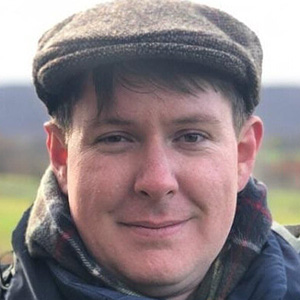
Mark Thornton
Dartmouth College
2025 Early Career Award Winner
Mark Thornton is an Assistant Professor in the Department of Psychological and Brain Sciences at Dartmouth College. He directs the Social Computation, Representation, and Prediction Laboratory (SCRAP Lab) and is a core faculty member of the Consortium for Interacting Minds. He received his bachelor’s degree in psychology from Princeton University, and his Ph.D. in Psychology from Harvard University. Thornton’s research focuses on understanding how the brain organizes social knowledge and how it uses this knowledge to predict the social world. He studies these topics using a combination of naturalistic and controlled experiments, functional neuroimaging, and computational methods.
Past Winners
2024 – Justin Minue Kim
2023 – Oriel FeldmanHall
2022 – Jon Freeman
2021 – Catherine Hartley
2020 – Emily Falk
2019 – Jamil Zaki
2018 – Leah Somerville
2025 Innovation Award
The SANS Innovation Award recognizes a particular article authored by a SANS member and published in a scholarly outlet that makes a contribution likely to generate the discovery of new hypotheses, new phenomena, or new ways of thinking about the discipline of social and affective neuroscience. Any kind of innovative contribution (including developments of new theory or methods, including analytic methods; innovative applications of existing methods; and creative application of methods from other fields) is eligible. Contributions may be judged innovative and generative even before they have generated substantial empirical findings. The award selection will focus on a contribution’s conceptual innovation and potential to motivate new research and further conceptual investigation.
SANS IA Rubric 2025
2025 Innovation Award Finalists
*In order of title of article
Development of a marmoset apparatus for automated pulling to study cooperative behaviors;
Meisener et al., (2024).
Download pdf and read now
Hyperscanning shows friends explore and strangers converge during conversation;
Speer et al., (2024).
Download pdf and read now
The dorsomedial prefrontal cortex prioritizes social learning during rest;
Jimenez and Meyer (2024).
Download pdf and read now
The psychological, computational and neural foundations of indebtedness;
Xiaoxue Gao et al (2024).
Download pdf and read now
The winner will be selected by the conference attendees in Chicago
Past Winners
2023 – Lin, C., Keles, U. & Adolphs, R. Four dimensions characterize attributions from faces using a representative set of English trait words. Nat Commun 12, 5168 (2021). https://doi.org/10.1038/s41467-021-25500-y
2022 – Lockwood, P., Apps, M. & Chang, S.W.C (2020). Is There a ‘Social’ Brain? Implementations and Algorithms. Trends in Cognitive Sciences, 24(10), 802-813. https://doi.org/10.1016/j.tics.2020.06.011
2021 – Dal Monte, O., Chu, C., Fagan, N.,and Chang, S (2020). Specialized medial prefrontal–amygdala coordination in other-regarding decision preference. Nature Neuroscience, 2020 April 23(4): 565-574.
2019 – FeldmanHall, O., Dunsmoor, J. E., Tompary, A., Hunter, L. E., Todorov, A., & Phelps, E. A. (2018). Stimulus generalization as a mechanism for learning to trust. Proceedings of the National Academy of Sciences, 115(7), E1690-E1697.
2018 – Parkinson, C., Kleinbaum, A.M. & Wheatley, T. (2017). Spontaneous neural encoding of social network position. Nature Human Behavior, 1(5), 0072.
2017 – Lockwood, Patricia L., Apps, M.A.J., Valton, V., Viding, E., Rosier, J.P. (2016). Neurocomputational mechanisms of prosocial learning and links to empathy. Proceedings of the National Academy of Sciences, 113, 9763-9768.
2017 – Stolier, Ryan M. & Freeman, J.B. Neural pattern similarity reveals the inherent intersection of social categories. Nature Neuroscience, 19, 795-797.
2016 – Jack, Rachael. E., , Garrod, O.G.B., Schyns, P.G. (2014) Dynamic facial expressions of emotion transmit an evolving hierarchy of signals over time. Current Biology, 24, 187-192.
2015 – Preston, Stephanie D. (2013). The origins of altruism in offspring care. Psychological Bulletin, 139, 1305-1341.
2014 – McKell Carter, R., Bowling, D. L., Reeck, C., & Huettel, S. A. (2012). A distinct role of the temporal-parietal junction in predicting socially guided decisions. Science, 337, 109-111.
2013 – Yarkoni, T., Poldrack, R. A., Nichols, T. E., Van Essen, D. C., & Wager, T. D. (2011). Large-scale automated synthesis of human functional neuroimaging data. Nature Methods, 8, 665-670.

